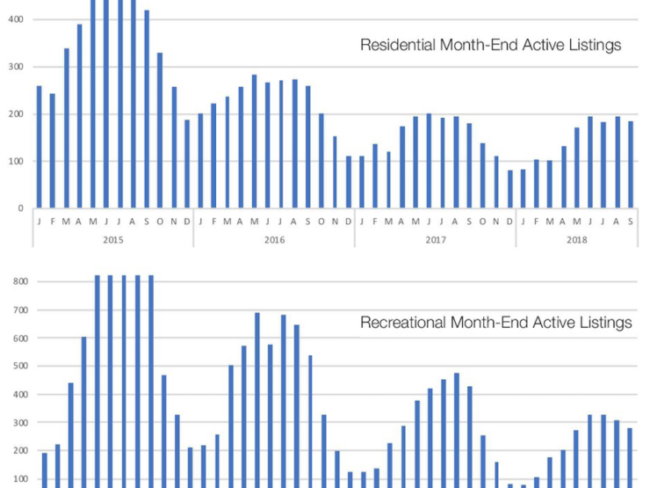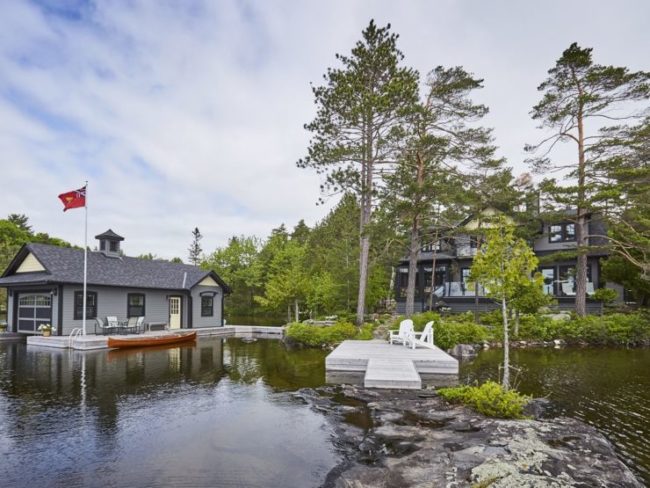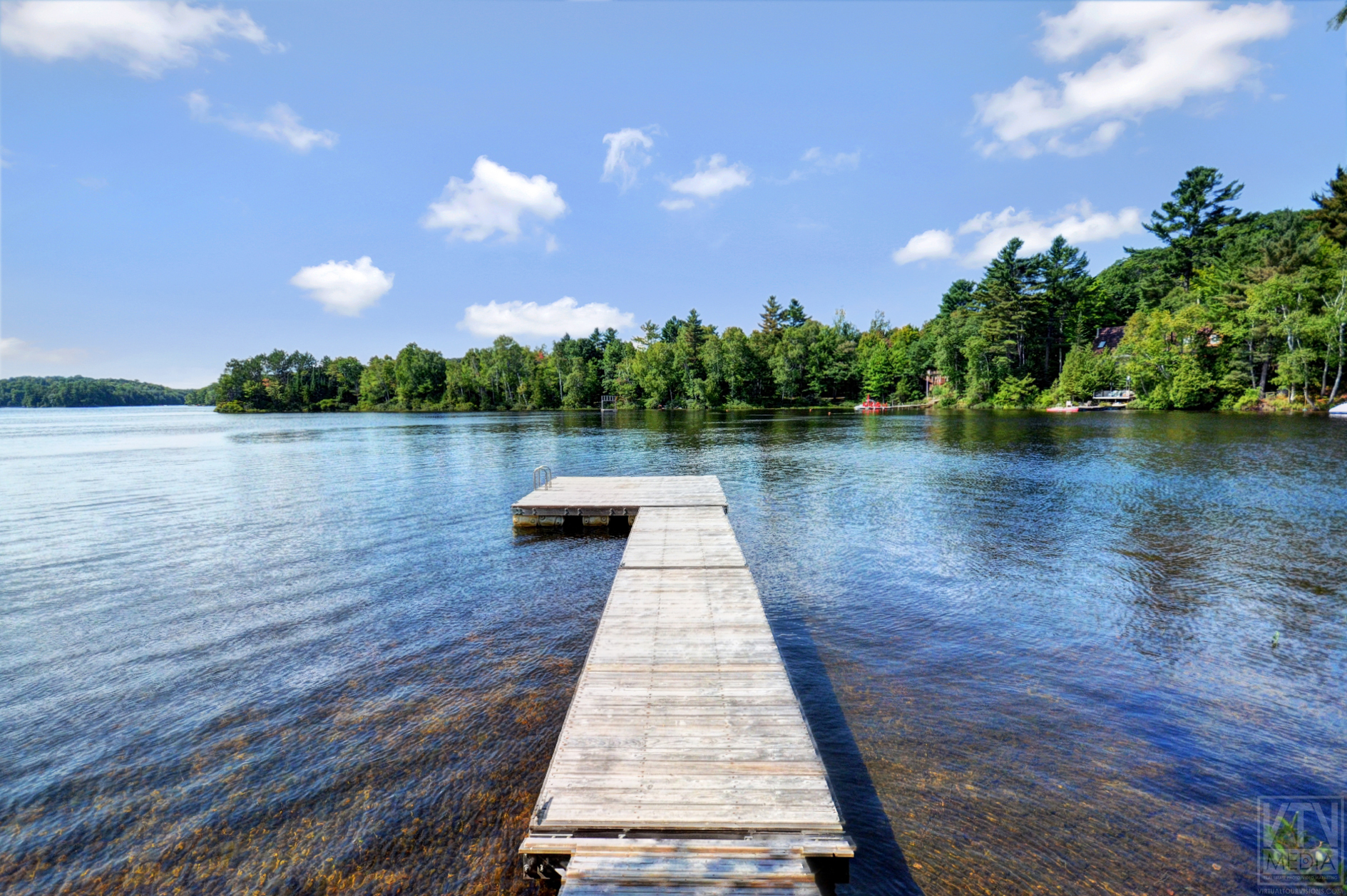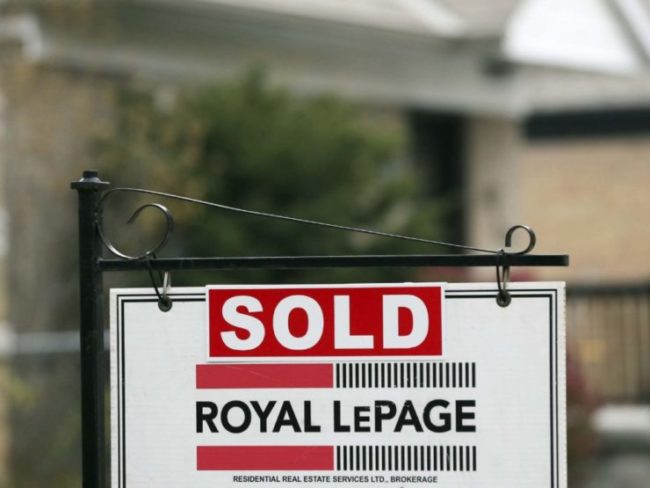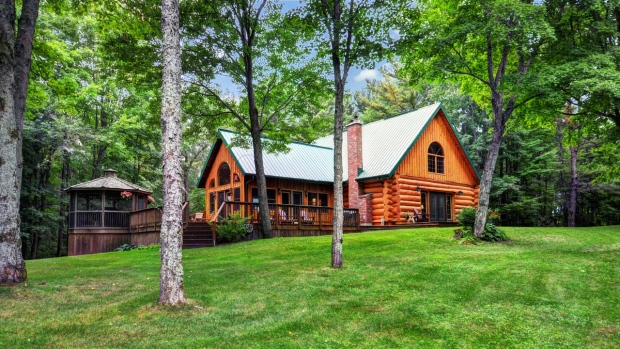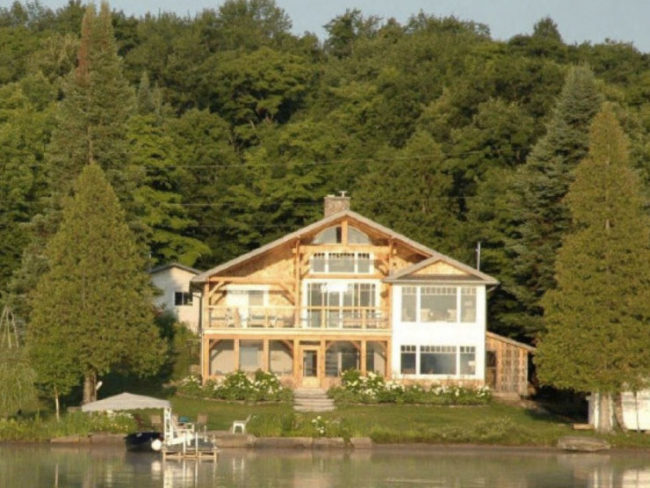Working With A Registered Real Estate Broker Provides Some Protection
The decision to use a brokerage — or not — is entirely yours to make.
But the Real Estate Council of Ontario (RECO) strongly recommends working with a registered salesperson, or broker, when you buy or sell a property for the simple reason that navigating your way through a real estate transaction can get complicated, especially if you’re inexperienced. Unlike some other do-it-yourself projects, buying a home is the largest single purchase most people will ever make, it involves a binding legal contract, and it’s a decision you may have to live with for a long time.
In Ontario, salespeople, brokers and brokerages must register with RECO if they wish to trade in real estate, and that registration provides consumers with three pillars of protection:



